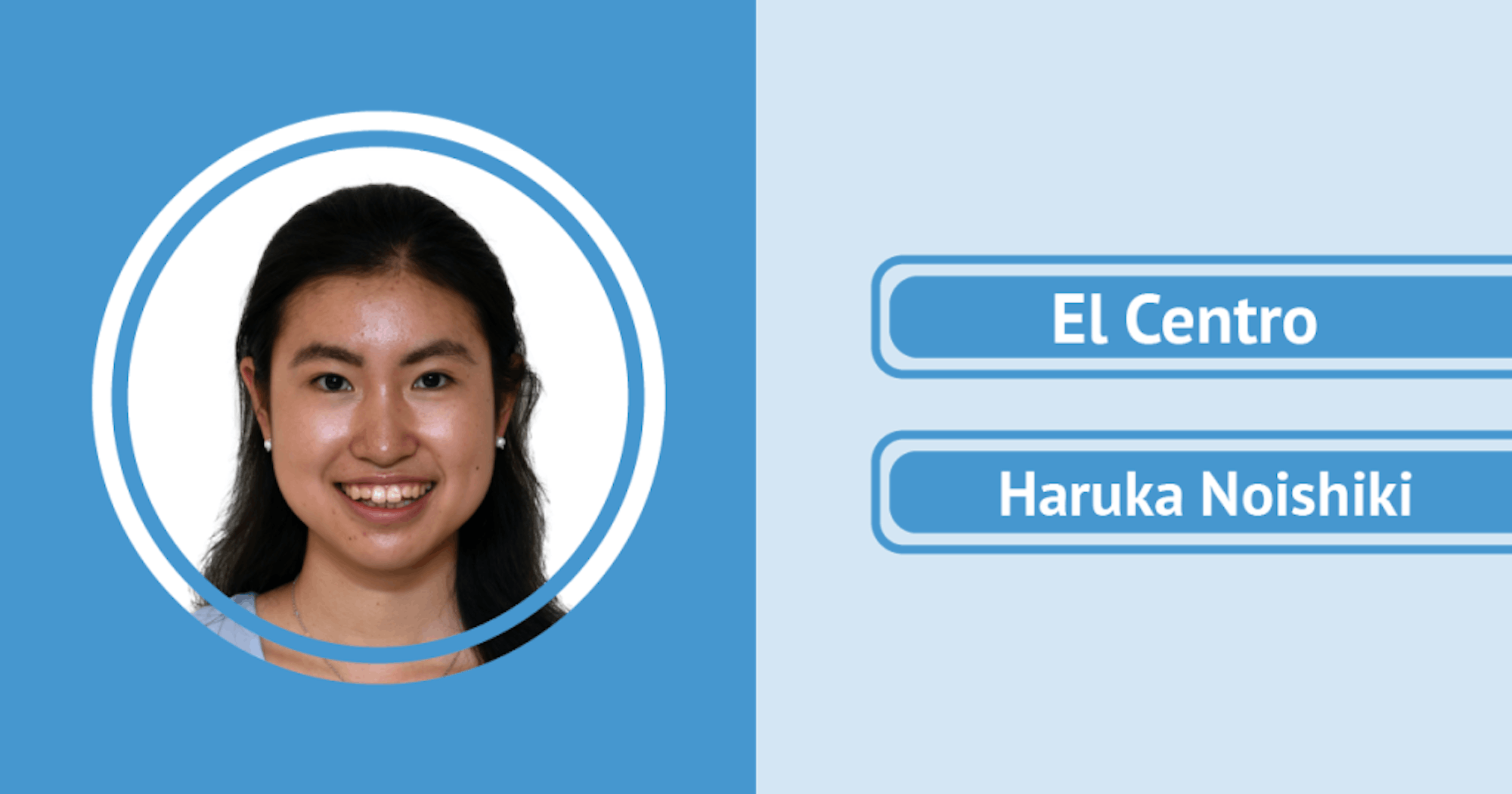I was born and raised in Japan. I say this when meeting someone for the first time. That is true; there is no other country that I would call my own, for and of which I am grateful and proud. It’s also true that American culture raised me too.
Most of my peers back home surrounded themselves with Japanese idols and TV shows while I adored "Wizards of Waverly Place" and "The Magic Tree House." I did have hobbies in common with my peers: I read "Harry Potter," too, just in English, and I watched the same historical drama show with which my friend group was, oddly enough for eight-year-olds, infatuated. Still, four out of five conversations I took part in — or rather, observed, due to lack of knowledge — consisted of songs that I didn’t sing in the shower and TV characters that I didn’t recognize. It was as if I were a non-native speaker of this language my peers shared, trying to grasp onto a few familiar words to get a sense of the topic of the conversation.
When I share the full story of where I’m from, I always attempt to give the name of the city in which I spent a year leading up to 9/11 — and I always, without exception, fail to recall it and frantically text my mother in confusion. It may be that I have such difficulty remembering El Centro because I don’t speak Spanish. It may be because my family and I were only there for a year. It may also be because I often forget the impact that having been at El Centro had on my upbringing.
El Centro is a small city in the Imperial Valley of California, coincidentally loaded with the history of Japanese-American incarceration. My father was assigned to work in Mexico and live in the U.S. All I really recall of El Centro are little freckles of the hot sun reflecting off the mild blue outdoor pool, being grilled alive in the backseat of a car parked at Costco and feeling our Korean neighbor’s carpet on my hands. Today, I recognize El Centro as a starting point: where I find my roots of being the odd one out, the one who cannot stop carrying two English books at a time, the one who doesn’t own any J-pop CDs, nor idol posters. If it weren’t for El Centro, my mother says, she would not have taught me English. Without El Centro, I wouldn’t be here today in every way imaginable.
This column is about the El Centros of mine and El Centros of others; things that are so special yet we may not pay much mind to, or even remember, in our daily lives. Through personal reflections and communicating with people involved in fields that are new to me, I hope to further my understanding of bubbles around campus brimming with fascinating stories I haven’t yet heard. If you have your El Centro that you always forget, or if you know all your Spanish and have an amazing memory, I hope you’ll explore unfamiliar territory with me this semester.
El Centro: Remembering






